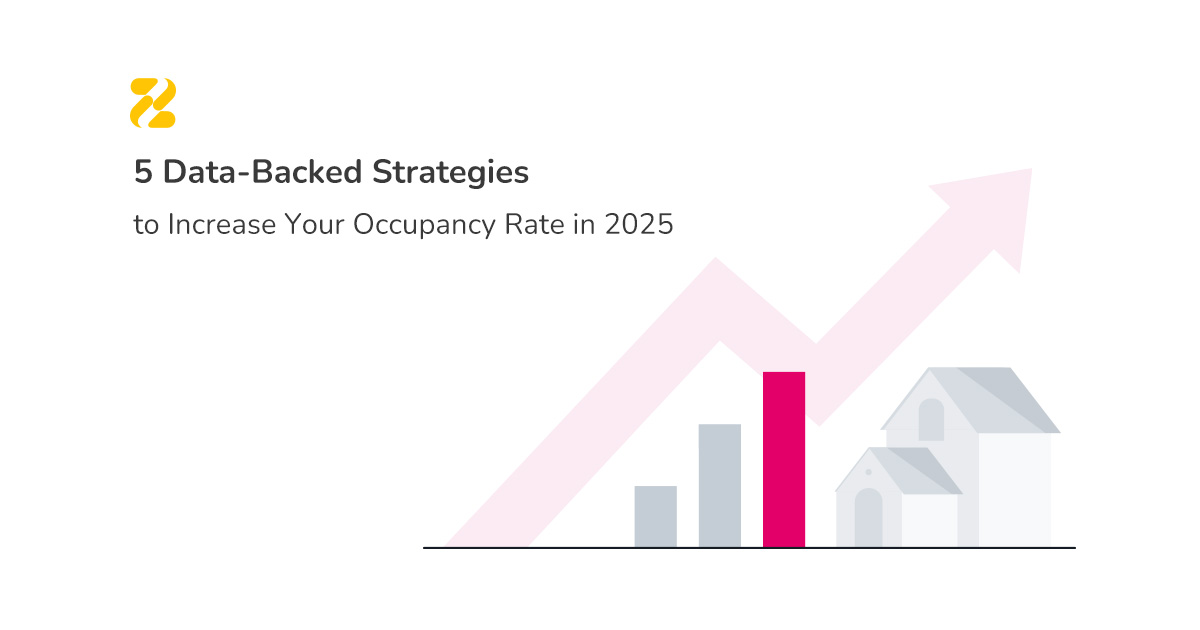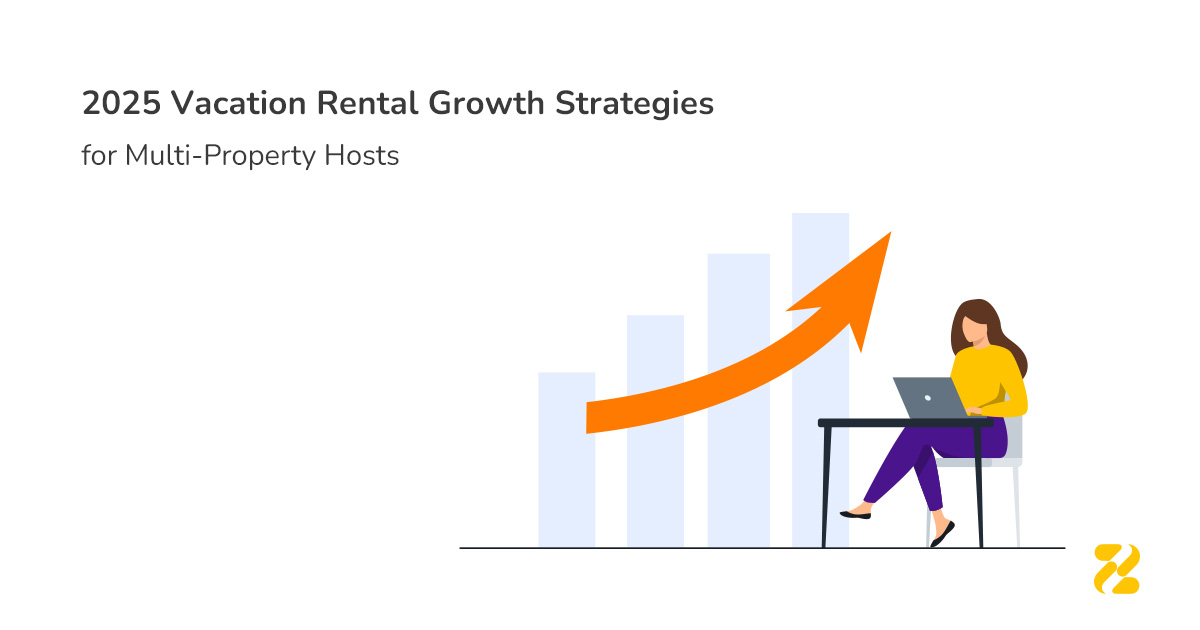There is no doubt that running a vacation rental house can generate a significant side income for its owners. However, managing a successful rental is not that fun. A property manager’s job entails an endless list of responsibilities and overwhelming day-to-day tasks. A property manager has many tasks and it can be stressful. They must always be available to handle any problems that arise during a guest’s stay.
As a vacation rental owner, you have a wide range of services, apps, integrations, companies, and tools to reduce your stress and workload as much as you need. You can outsource some of your duties with different types of available services like concierge, cleaning, and maintenance services. Alternatively, you can leave your whole property management in the professional hands of a vacation rental manager.
Property managers have important responsibilities. The roles of a property manager may vary depending on the type of property they oversee and their contract with the owner.
Simply, a property manager’s job is to handle ALL the daily operations of a vacation rental. This includes managing guest enquiries, preparing listing details, reservation processing, cleaning, maintenance, marketing, pricing, finances, and taxes.
Having a look at a property manager’s leading role in running a successful vacation home can be very informative. Such insights can help you decide whether you need to hire a vacation rental manager for your property or not.
Table of Contents
The Essential Roles of a Property Manager

1. Listing the Property
Listing your vacation rental property on online booking websites (OTAs) is the first thing a property manager should do.
Every short-term rental should have its own website for direct bookings. This can help increase profits and give the owner more control over marketing strategies. Having a website allows guests to book directly without going through third-party platforms. It also allows the owner to showcase the property and amenities in a way that aligns with their branding.
However, listing rentals on OTAs with well-written descriptions, quality photos, and a competitive price can enhance its visibility.
2. Pricing and Revenue Management
So much depends on the price in an increasingly competitive seasonal market like hospitality. A vacation rental manager must be familiar with the market and know that fixed rates are of no help in this business. They should set dynamic prices based on factors like seasonality, day of the week, local events, and holiday demand predictions.
A property manager must also manage the budgeting to cover all the expenses and generate a steady income.
3. Occupancy Management
Filling the vacant dates is a vacation rental manager’s core responsibility. An empty unit can earn no income neither for the manager nor the homeowner. One of the key roles of a property manager is to implement their marketing knowledge and get help from online booking channels to secure bookings and maximise the ROI.
4. Managing Complaints and Guest Communications
A property manager’s job includes a lot of communication. They must respond to the enquiries of potential guests and handle any issues that arise during a current guest’s stay. They also must keep in touch with previous guests to encourage them to return and BOOK DIRECT.
5. Coordinating the Staff
A vacation rental’s concierge, housekeeping, and maintenance staff will carry out all the operations management. They will manage guest check-ins and check-outs, clean and prepare the house, and maintain the property in excellent condition. It is the role of a property manager then to assign tasks and coordinate and monitor the staff. This way, they can ensure everything goes smoothly based on the investors’ expectations.

Property managers must monitor houses with their cleaning crew to look for damages and breakages, and handle security deposits. Conducting house inspections is important for property managers. It helps them identify any issues and ensure the property is well-maintained.
6. Improving Guest Experience and Collecting Reviews
Satisfied customers will return, recommend your property to friends, and may even be willing to pay more.
This is the role of a property manager to do everything they can to enhance the guest experience. They need to use different methods to encourage their guests to leave them positive reviews and comments.
7. Reporting to the Homeowners
Vacation rental managers must try to meet their property investors’ preferences and goals. They should provide regular updates to keep investors informed about their properties. They must continuously feed their clients with invoices and financial balances to assure them their investment is lucrative and growing.
Managing short-term vacation rentals can make a rewarding side income, yet it involves a lot of work. If you are interested in running a holiday rental home but don’t want the full-time responsibilities, consider hiring a professional property manager.
The role of a property manager is to manage your short-term rental on your behalf and save you countless headaches. The owners of multiple investment properties in various locations take advantage of professional help to their properties.
When searching for a vacation rental manager, look out for the following job requirements in your applicants’ resumes and interviews.
- Communication skills to work with staff, guests, and property owners
- The ability to take control of difficult situations
- Problem-solving ability
- Decision-making skills
- Entrepreneurial spirit
- Good with money and pricing
- Have sharp marketing skills
- Work experience in the industry
- Familiar with hospitality technology solutions
It is the role of a property manager to monitor your holiday rental. You can meet them on a regular basis and go through their reports carefully. Ensure they are managing your rental in a way that meets your expectations and brings about the yields you rightfully deserve.




